关于幸福,拥有世界上最古老的文明之一的希腊人有太多可以教导我们。
希腊人的幸福秘籍其实很简单:吃得健康,睡得充足,抛弃无谓的忧愁,常与家人朋友邻居欢乐相聚,放慢生活节奏去享受细小的生活乐趣……
我们有什么理由不向希腊人取取经呢?
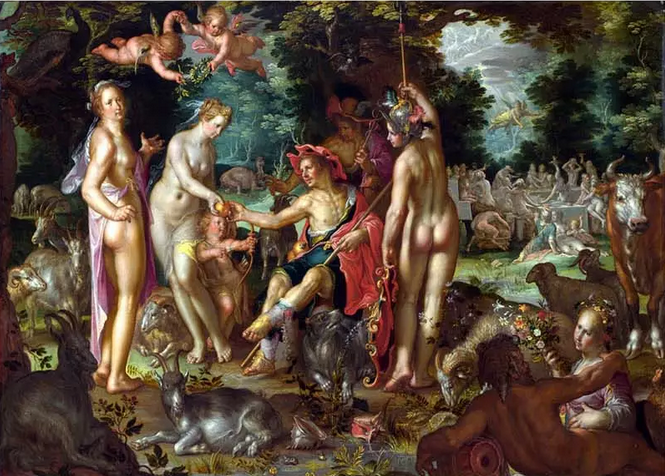
The Greeks have one of the oldest cultures in the world (not to mention the first known democracy), and to this day, we turn to the wellspring of Greek wisdom for guidance on living well.[1]
1.希腊人拥有世界上最古老的文化之一(更不用说拥有世界上第一个民主制度),直至今天,我们仍可以借鉴希腊智慧作为源泉来引导我们的生活。
not to mention: 更不用说,无需提;wellspring: 水源,源泉。
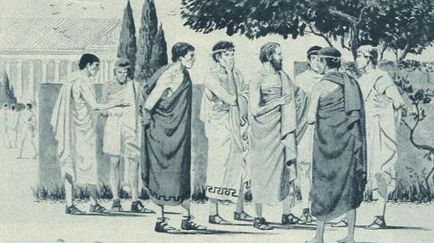
With both an ancient tradition of introspection and ethical inquiry, and also to one of the most heart-healthy diets in the world, the Greeks know a thing or two about how to live a good life.[2]
2.希腊人拥有每日三省吾身和道德探究的古老传统,还有世界上最有利于心脏健康的饮食习惯,希腊人知晓幸福生活的真谛。
introspection: 反省,内省;ethical: 伦理的,道德的;inquiry: 探究,探索。

But it’s not just ancient Greek philosophers like Plato and Aristotle who unlocked the secrets to a meaningful life.[3]
3. Plato: 柏拉图,希腊著名哲学家,其学说和著作成为西方哲学不可或缺的一部分。
曾师从希腊大哲学家苏格拉底(Socrates),苏格拉底被处死之后,在此后十多年的时间里四处周游。
回到希腊以后,他创办了著名的哲学学校“学园”(the Academy),亚里士多德曾在那里就读。柏拉图以苏格拉底的生活和思想为本,发展出深刻而浩瀚的哲学体系。
他的思想被称为“柏拉图主义”(Platonism),包含逻辑、认识论、玄学各个方面。
Aristotle: 亚里士多德,希腊的哲学家和科学家。曾在柏拉图的“学园”就读并任教,之后开办了自己的学校——吕克昂学院(the Lyceum)。
亚里士多德论著丰富,除了哲学方面,自然历史和科学方面的论著也甚多。
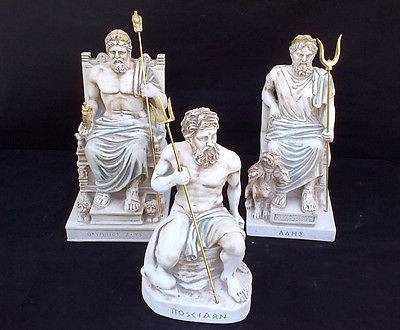
The health habits and leisure rituals of modern Greece also have a lot to teach the rest of the world about health and happiness.[4]
4. 现代希腊的养生习惯和休闲模式足以教给世界其他地方的人很多关于健康和幸福的东西了。
ritual:(宗教等的)仪式,例行公事,规矩。
Greeks believe firmly in many things, and afternoon naps are one of them. In some of the smaller towns and villages, businesses commonly shut down in the mid-afternoon for the Greek siesta[5] time and open again around 5 p.m.
5. siesta: (尤指在气候炎热国家的)午睡,午后小睡。
“Napping is a response, an adaptation to the hot climate,” Dimitrios Trichopoulos, a Greek researcher at the Harvard School of Public Health, told NPR.[6]
6.“午睡是应对和适应炎热气候。”哈佛大学公共卫生学院的希腊研究员迪米特里奥斯·特里切普鲁斯告诉NPR说。
NPR: 全称为National Public Radio,即美国国家公共电台,成立于1970年,节目以新闻及综述为主。
“Siesta is a very pleasant habit. In a way, it doubles your day. Because you start all over again at 5 o’clock and you can go on until 11 or 12 o’clock which is not uncommon at all in our part of the world.”
During the warmer months, small villages and towns in Greece turn to the daily tradition of volta (translated as stroll or outing)[7].
7.在比较暖和的月份,希腊小村庄和城镇的人们就会重拾“volta”(可翻译成“闲逛”或“散步”)的每日惯例。stroll: 闲逛,漫步;outing: 短途旅游,散步。
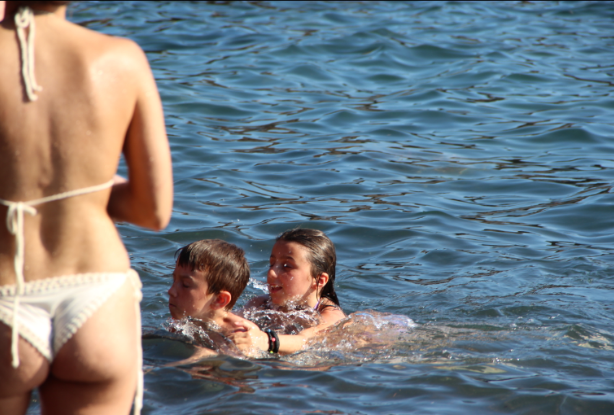
When the sun goes down, Greek families will take leisurely walks up and down the main streets of small towns, and on the islands, they’ll enjoy a leisurely stroll along the shore.
The Greek philosophical tradition is one of the oldest and arguably[8] the richest in the world. Philosophical inquiry thrived in the culture of ancient Greek, and philosophers like Plato, Aristotle, Plotinus, Epicurus and Epictetus asked the big questions: How do we live a good life? How should the city be governed? What is morality and how should we treat others?[9]
8. arguably: 可论证地,可争辩地,可商榷地。
9.哲学探讨在古希腊文化中非常盛行,柏拉图、亚里士多德、柏罗丁、伊壁鸠鲁和爱比克泰德等哲学家提出各种宏大的问题:“如何过上幸福的生活?”
“如何治理城市?”
“什么是道德以及我们应该如何对待他人?”
thrive: 兴盛,兴隆;Plotinus: 柏罗丁,罗马帝国时期哲学家,新柏拉图主义(Neo-Platonism)的创始人。
柏罗丁认为哲学不仅是一种抽象思考,也是一种生活方式。
他的著作极大地影响了早期的基督教神学。
Epicurus: 伊壁鸠鲁,古希腊哲学家、无神论者,伊壁鸠鲁学派(Epicureanism)的创始人,在希腊设立了“花园学校”(the Garden)。
在伦理学方面,他认为善和快乐是一致的,至上之善和身心愉悦的终极目标相一致。

Epictetus: 爱比克泰德,希腊哲学家。本身并无著作,其学说由学生传述。他认为真正完全属于个人的只有意志或决心,人们对其思想不能负责,但对于如何利用这些思想却要负完全责任。
In many ways, we owe the tradition of living the “examined life” to the ancient Greeks.[10]
10. 在很多方面,我们应该把这种“检视生活”的传统归功于古希腊人。
As Aristotle once wrote, “Knowing yourself is the beginning of all wisdom.”[11]
11. 正如亚里士多德写道:“认识自己是一切智慧的开端。”
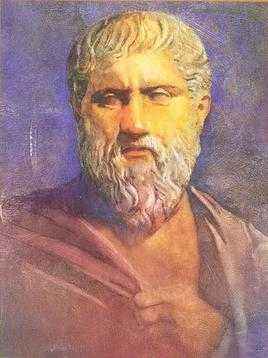
Greek hospitality goes as far back as Odysseus[12],
and it’s been embedded in Greek culture and families to this day. (Ever seen My Big Fat Greek Wedding[13]).
12. Odysseus: 奥德修斯,荷马(Homer)史诗《奥德赛》(Oddesey)的主人公。在荷马的作品里,他是一个机智多谋和坚毅的人,他献上木马计让希腊攻下特洛伊,结束了长达十年之久的战争。之后他又经过九年的流浪和冒险回到家里与家人团聚。
This generosity and welcoming spirit derives from the word filoxenia, which translates to “love of foreigners.”[14]
Historically, it has referred to the hospitality of villagers and residents of small towns who would take in travelers passing through, offering a meal and a bed, whereas now it generally refers to the hospitality offered to friends, family or acquaintances.[15]
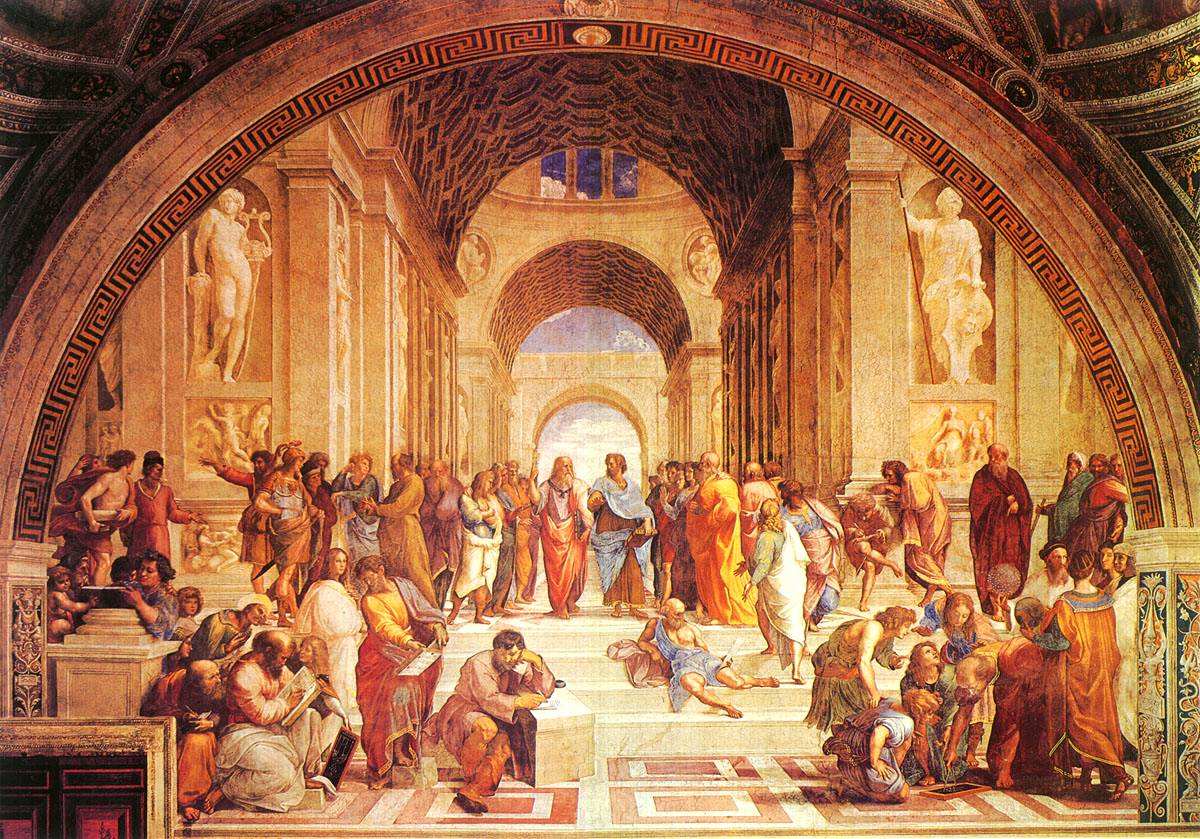
13. My Big Fat Greek Wedding:《我盛大的希腊婚礼》是2002年的一部浪漫喜剧片,影片讲述了一名希腊妇女摒弃家庭传统,嫁给了非希腊裔人士所引起的风波和家庭矛盾以及由此而引发的一系列喜剧和闹剧。
14.这种慷慨大方和热情好客的精神源自于“filoxenia”,可以翻译成“对外来人的爱”。generosity: 慷慨,大方。
15.最初它是指村庄和小镇居民热情地招待路过的游人,为他们提供饮食住宿,不过现在泛指热情对待朋友、家人和泛泛之交。

The little Mediterranean island of Ikaria has one of the healthiest, longest-living populations in the world.[16]
Ikarian men are nearly four times as likely as American men to reach the age of 90, and often in better health, according to a 2012 New York Times article, “The Island Where People Forget To Die.”[17]
They also have lower rates of depression and dementia[18].
Their secrets to long life? A fresh, healthy Mediterranean diet, lots of outdoor and leisure time, strong families and communities and plenty of sleep.
Another longevity[19] secret of the Ikarians? They live by “island time."
“Have you noticed that no one wears a watch here? No clock is working correctly,” Leriadia said. “When you invite someone to lunch, they might come at 10 a.m. or 6 p.m. We simply don’t care about the clock here.”
16. Mediterranean: 地中海的,地中海沿岸地区的;Ikaria: 伊卡里亚岛(位于希腊)。
17. 根据2012年《纽约时报》发表的文章《被死神忘记的小岛》,伊卡里亚岛的居民达到90岁的几率是美国人的近四倍,并且大部分人身体更加健康。
18. dementia: 痴呆症。
19. longevity: 长寿,寿命长。
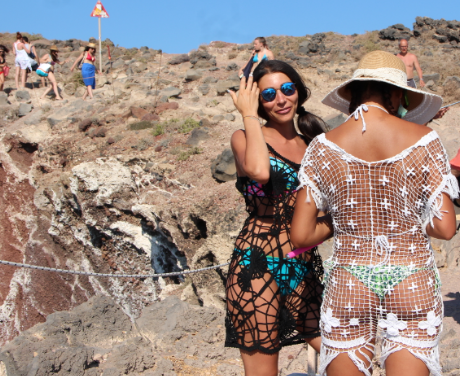
But taking time to savor life’s little pleasure isn’t limited to Ikaria; Greeks are known for having a slower pace of life, which allows them to linger over and savor family activities, long meals and small pleasures.[20] As a Manchester Evening News travel writer advises visitors to the Greek isles:
Take a stroll along the waterfront where the fishermen are mending their nets and unloading their catches.[21] Pause for a coffee. Buy fresh-from-the-oven[22] bread. Enjoy breakfast. Then let the day unfold. Slow your pace of life to that of the locals, philosophise, read a good book, bathe, snooze.[23]
20. 不过花时间享受生活点点滴滴的小乐趣并非伊卡里亚岛人专属,希腊人的生活节奏之慢广为人知,这让他们能够慢条斯理地进行和享受家庭活动、漫长的用餐和生活小乐趣。
linger over: 慢慢进行。
21. 沿着海边慢慢散步,闲看渔夫修渔网和卸下捕到的鱼。waterfront: 海滨,江边;catch: 捕鱼总量。
22. fresh-from-the-oven: 刚从烤炉拿出来的,新鲜出炉的。
23. Philosophise: 推究哲理,哲理性思维或推理,进行理论研究;1snooze: 小睡,打盹,打瞌睡。
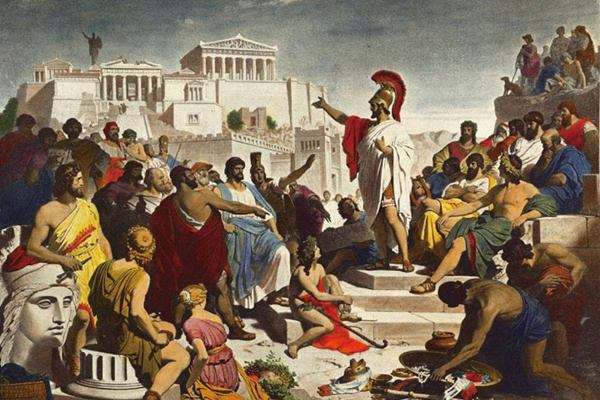
The rich tradition of Greek mythology[24] is alive and strong in the culture today. Through these classic tales of gods and mortals, children learn classic wisdom and moral values.[25]
Traditionally, it is through stories—which our brains use to give our lives structure and meaning—that the Greeks have made sense of their world.[26]
24. Greek mythology: 希腊神话,一切关于古希腊人的神、英雄、自然和宇宙历史的传说。当今所知的希腊神话或传说大多数来源于希腊文学,如荷马史诗《伊利亚特》(Iliad)和《奥德赛》(Odyssey)等。希腊神话是西方文明极为重要的组成部分。
25. 通过这些神和凡人的经典故事,小孩子学习到传统智慧和道德价值。mortal: 凡人,人类。
26. 传统而言,我们的大脑通过故事来构建生活的架构和意义,而希腊人也正是通过故事去理解这个世界。
make sense of: 理解,明白,懂得。
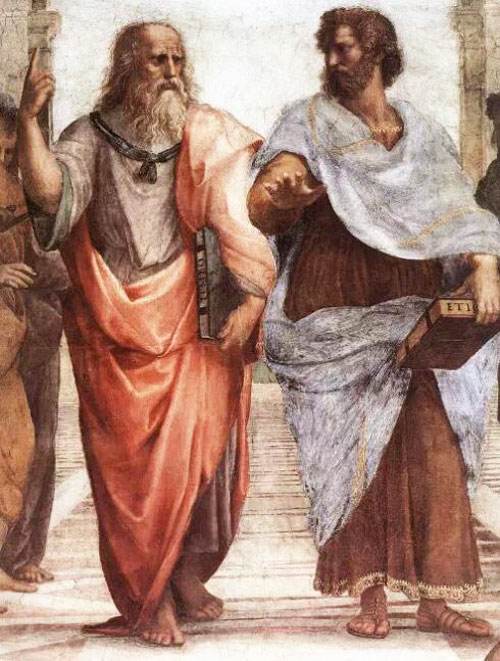
Greeks love food, and they love gathering with family, friends and community members. So naturally, it’s a Greek tradition to bring people together for healthy meals.
Stoicism was one of the ancient Greek schools of philosophy founded in Athens that remains relevant to this day.[27]
27. 斯多葛哲学建立于雅典,是至今仍具有实质性意义的古希腊哲学流派之一。Stoicism: 斯多葛哲学,古希腊和罗马时期兴起的一个哲学流派。斯多葛哲学约公元前300年由芝诺(Zeno?of Citium)在雅典建立。它强调责任;认为通过理智,人类能够认识到宇宙是基本正常的,是由命运而不是表面现象掌控的;并觉得通过制约自己的生活,学会坚定平静地接受事实,建立崇高的道德价值观,人类就能够变得沉静而有序。 relevant: 有重大意义的,有实质性作用的。
The Stoics believed that stress and unhappiness are not the result of external events, but rather the product of our own internal judgments, and therefore that happiness, too, can only be found within. The Stoic philosopher Epictetus said that the one way to happiness was to look within; to “cease worrying about things which are beyond the power or our will”.[28]
28. 斯多葛学派哲学家爱比克泰德说,获得幸福的唯一途径就是向内心寻求,“不要担心我们能力或意志之外的事情”。
“Stoicism took off because it offered security and peace in a time of warfare and crisis,” Jimmy Soni wrote in his book Rome’s Last Citizen, a biography of noted Stoic, Cato the Younger.[29]
“The Stoic creed didn’t promise material security or a peace in the afterlife; but it did promise an unshakable happiness in this life.”[30]
29. “斯多葛哲学的盛行是因为它为战乱和危机时期的人们提供了安全感和内心宁静。”吉米·索尼在著名斯多葛主义者小加图传记《罗马最后的公民》中写道。
take off: 突然成功,流行;Cato the Younger: 小加图,原名Marcus Porcius Cato Uticensis。
小加图是罗马共和国末期的政治家和演说家, 是一个斯多葛学派的追随者。他因为其坚忍和固执而闻名, 他不受贿、诚实、厌恶当时普遍的政治腐败。
30. creed: 教义,信条;afterlife: 来世,来生。
以上内容节选自《英语学习》杂志。

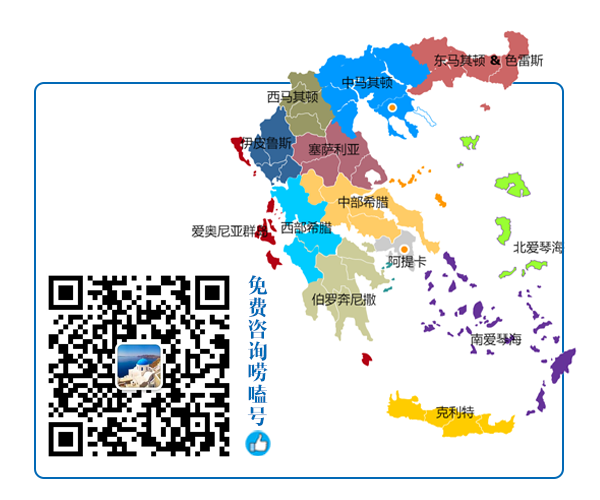
Copyright © 2025.Company go2gr All rights reserved.